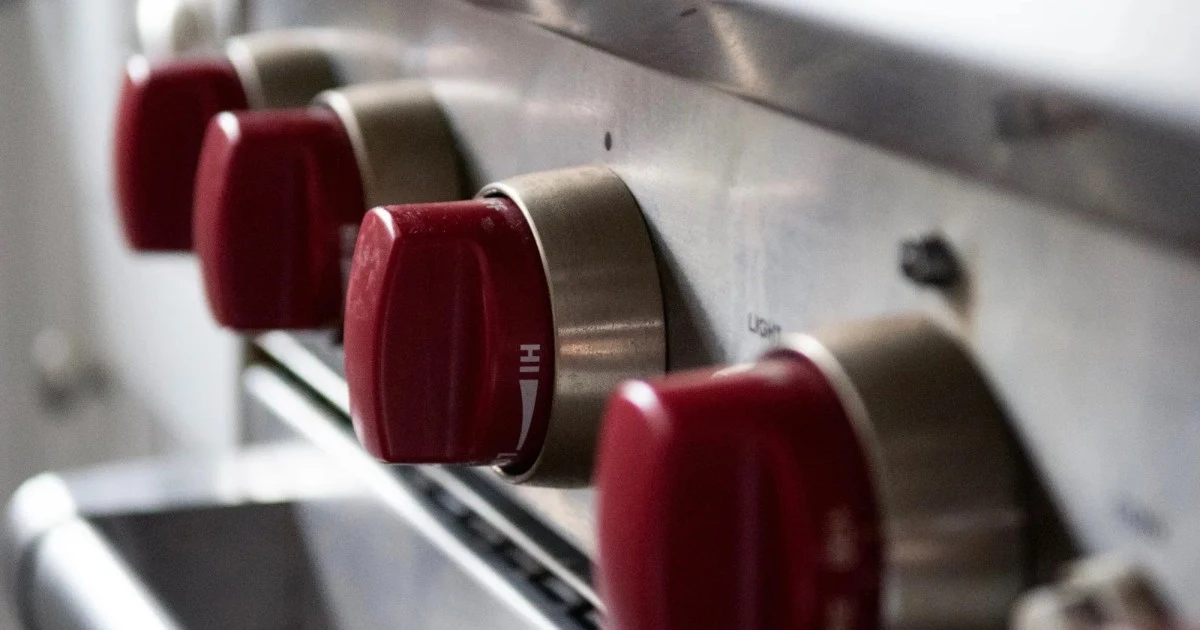Highlights: A study this summer found that using a single gas stove burner on high can raise levels of cancer-causing benzene above what’s been observed from secondhand smoke.
A new investigation by NPR and the Climate Investigations Center found that the gas industry tried to downplay the health risks of gas stoves for decades, turning to many of the same public-relations tactics the tobacco industry used to cover up the risks of smoking. Gas utilities even hired some of the same PR firms and scientists that Big Tobacco did.
Earlier this year, an investigation from DeSmog showed that the industry understood the hazards of gas appliances as far back as the 1970s and concealed what they knew from the public.
It’s a strategy that goes back as far back as 1972, according to the most recent investigation. That year, the gas industry got advice from Richard Darrow, who helped manufacture controversy around the health effects of smoking as the lead for tobacco accounts at the public relations firm Hill + Knowlton. At an American Gas Association conference, Darrow told utilities they needed to respond to claims that gas appliances were polluting homes and shape the narrative around the issue before critics got the chance. Scientists were starting to discover that exposure to nitrogen dioxide—a pollutant emitted by gas stoves—was linked to respiratory illnesses. So Darrow advised utilities to “mount the massive, consistent, long-range public relations programs necessary to cope with the problems.”
These studies didn’t just confuse the public, but also the federal government. When the Environmental Protection Agency assessed the health effects of nitrogen dioxide pollution in 1982, its review included five studies finding no evidence of problems—four of which were funded by the gas industry, the Climate Investigations Center recently uncovered.
Karen Harbert, the American Gas Association’s CEO, acknowledged that the gas industry has “collaborated” with researchers to “inform and educate regulators about the safety of gas cooking appliances.” Harbert claimed that the available science “does not provide sufficient or consistent evidence demonstrating chronic health hazards from natural gas ranges”—a line that should sound familiar by now.



Nope, that is a myth.
I’ve done plenty of my own testing on several mid range from 200 up to 600 and even a few full units on 250/40/50 circuits. None of them were as hot, in even half the time to get up to 700f especially on a double burner range. The cheaper 1500w portables many times didn’t even make it to 700. Being more efficient is not my concern.
Beyond that, I’m still left with gas for using the oven vs electric, and is more efficient.